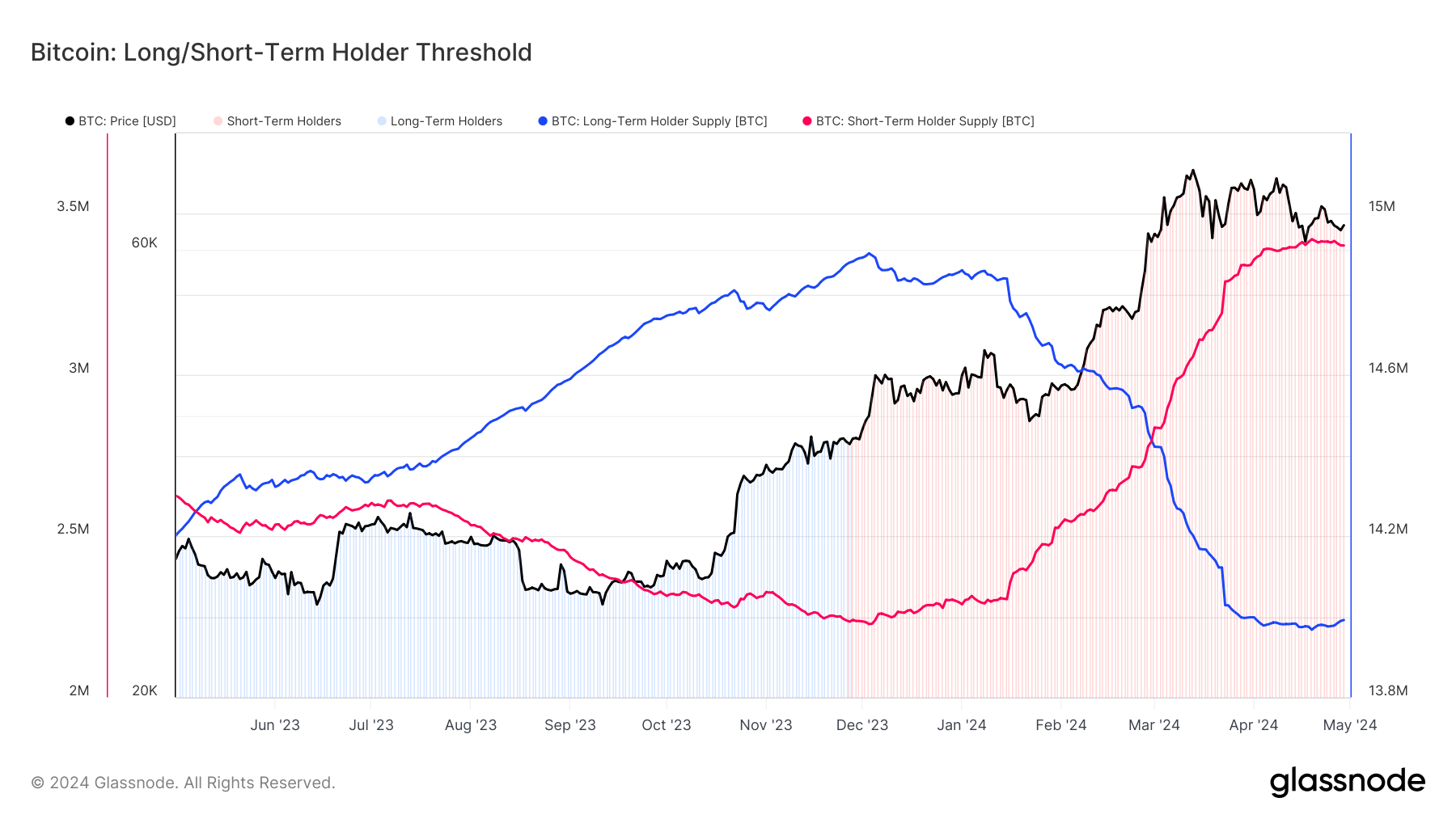Eisenberg defence leans into ‘code is law’ in closing argument
Four days after exploiting a loophole in Solana-based decentralised exchange Mango Markets, notorious crypto trader Avraham Eisenberg went on social media and said his actions weren’t theft but a “highly profitable trading strategy.”
A year and a half later, Eisenberg, who faces charges of fraud and market manipulation as well as decades in prison, has bet a jury will agree.
“He engaged in a successful and legal trading strategy,” Eisenberg’s attorney, Brian Klein, told jurors Wednesday in a federal courtroom overlooking lower Manhattan. “One in which he put his own money at risk.”
Their argument boils down to the notion that “code is law” — that any possible action on a blockchain is, ipso facto, permissible.
That concept is sacrosanct among crypto hardliners. But it has rarely, if ever, been tested in US courts.
“This is a much more important case to the future of crypto than [Sam Bankman-Fried] or Terra,” crypto attorney Gabriel Shapiro said on X. “If courts can post hoc contravene the results of autonomous code, is autonomous code essentially illegal? The whole idea is finality, immutability.”
A flight to Israel
Eisenberg was charged with market manipulation in December 2022 in the US District for the Southern District of New York after trading with himself to inflate the value of Mango Markets’ MNGO token. He then used his MNGO as collateral to borrow crypto worth $115 million from Mango Markets users with “no intention of repaying them,” prosecutors allege.
Eisenberg claimed his actions weren’t illegal because he used Mango Markets as it was designed, “even if the development team did not fully anticipate all the consequences.”
In their closing argument Wednesday, prosecutors tried to cast doubt on the notion that Eisenberg thought his actions were legal.
The day he was outed by independent journalist Christopher Brunet, Eisenberg flew to Israel, where he would later text someone, “hanging out internationally until stuff blows over,” prosecutors said.
Moreover, computer records obtained by prosecutors show Eisenberg searching online for information about “FBI surveillance,” “Otisville prison,” “criminal and regulatory enforcement of market manipulation,” and a “list of Israel extraditions.”
“Use your common sense,” one of the prosecutors told jurors on Wednesday. “If you think you did everything above-board, are you searching jails you might go to?”
There were other suggestions Eisenberg knew he had committed a crime, according to prosecutors: The trader moved his crypto along a series of digital wallets before and after the exploit, a manoeuvre apparently meant to cover his tracks, and he offered to return roughly half of the money in exchange for a promise that users wouldn’t pursue criminal charges, a deal ultimately accepted by the digital cooperative that governs Mango Markets.
Is code law?
Klein acknowledged that Eisenberg had traded with himself in order to boost the value of MNGO.
But MNGO and the token’s perpetuals contract on Mango Markets are distinct assets, Klein continued — Eisenberg didn’t technically manipulate the value of the latter.
In any case, there was nothing wrong with withdrawing crypto from Mango Markets against the inflated value of MNGO perpetuals, according to Klein. That’s how the protocol was built.
Mango Markets “literally just took an input and used it,” he said. “It was automatic.”
The protocol didn’t care what your name was, where you were, or whether you meant to maintain a certain amount of collateral — it was “its own little rule-maker,” according to Klein, and if a user could do something there, they were, by definition, following the rules.
Moreover, Eisenberg used his own money to pull this off, according to Klein. And there was no guarantee it would work.
“Did he end up on the winning side of this? Yes,” Klein said. “Did he make money on this? Yes. But that’s what trading is about.”
Klein also pushed back against the idea his client knew he was committing a crime.
Eisenberg did little to hide his identity after the exploit, Klein said. He never used a “mixer” to launder the crypto. He sent the crypto to a wallet under his own name. He sued AscendEx, one of the exchanges he had used to purchase MNGO, in order to unfreeze some of the crypto he acquired in the exploit, a clear sign he thought he had a right to those assets.
Eisenberg flew to Israel after seeing threatening comments on Mango Markets’ Discord channel, according to Klein — not because he feared arrest. And, contrary to what prosecutors said, his search history was actually proof he was unsure he had committed a crime.
Prosecutors had the opportunity to rebut Klein’s closing argument Wednesday.
“Just because something is possible, that doesn’t make it legal,” one of the prosecutors said, summing up the government’s argument.
The laws against market manipulation and fraud “go way back,” he added. “Before cryptocurrency, and even computers.”
Jurors could return a verdict as early as this week. Eisenberg faces up to 10 years each for commodities fraud and commodities manipulation, and up to 20 years for wire fraud.
Aleks Gilbert is a DeFi Correspondent with DL News. Got a tip? Email him at [email protected].






